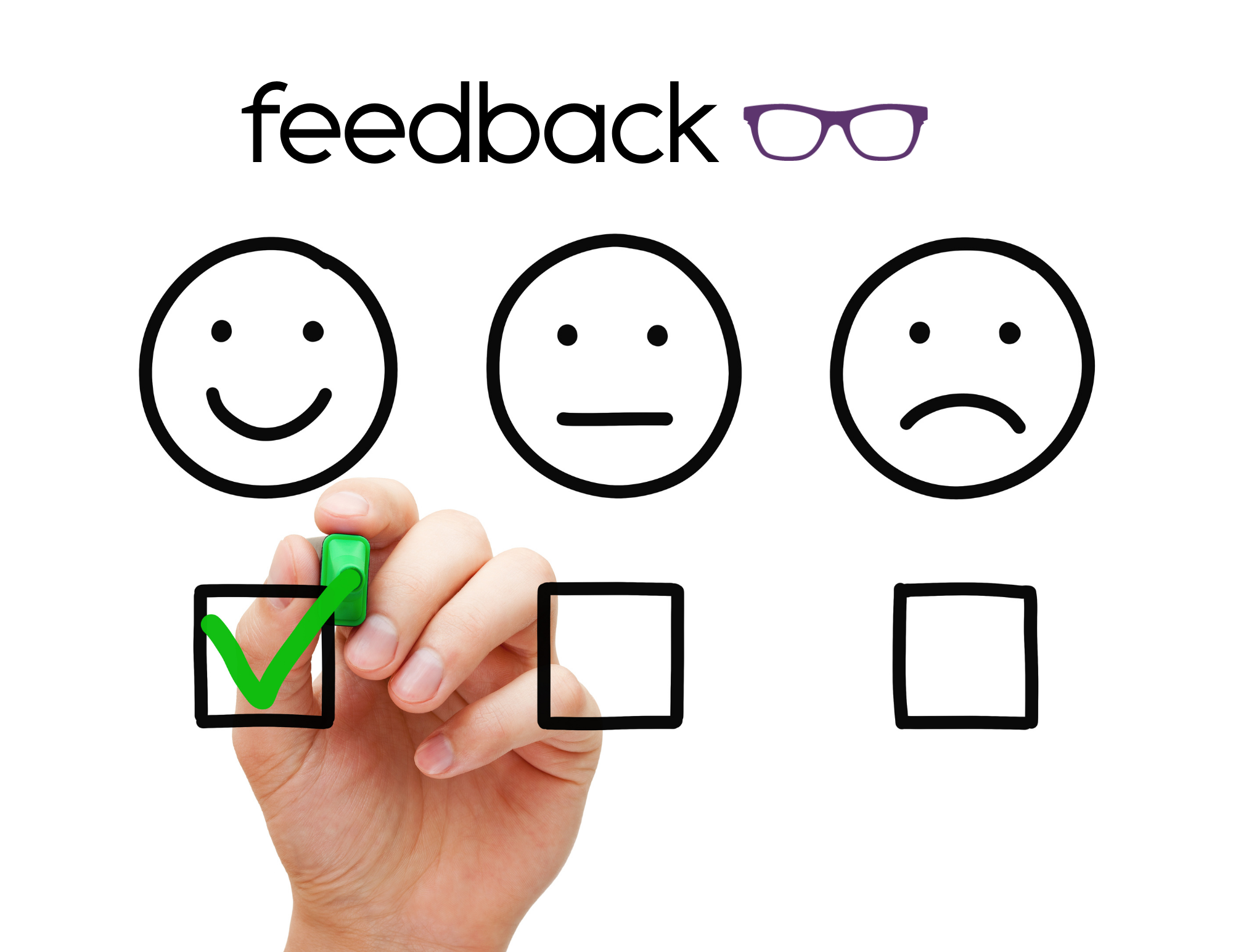Building a Feedback Culture That Actually Works
Quote of the Day: “Feedback isn’t a sandwich. It’s a lifeline..”
Building a Feedback Culture That Actually Works
Hey good people—let’s talk about the leadership word we all say we want… but secretly dread: feedback.
You know what I’m talking about.
We ask for it, we avoid it, we flinch when we hear it, and sometimes we dish it out like we’re sprinkling glitter—hoping it sticks somewhere helpful.
Here’s the real talk: feedback isn’t a sandwich. It’s a lifeline. And if we’re serious about leading with accountability (yep, the same accountability we talked about in the last post), we’ve got to get serious about how we give it, ask for it, and receive it.
Because when feedback is missing, guess what takes its place?
👉 Confusion.
👉 Resentment.
👉 Mistrust.
Teams start guessing. Leaders assume everything’s fine. And before you know it, small issues turn into big blow-ups.
Why Feedback Feels So Hard
First, let’s name the elephant in the room: feedback is uncomfortable.
We don’t want to hurt feelings. We don’t want to rock the boat. And we’ve bought into the myth that if we’re “nice enough,” people will just get better on their own.
Spoiler alert: they won’t.
And here’s the kicker—by avoiding hard conversations, you’re not protecting people. You’re confusing them. You’re letting blind spots grow. You’re creating a culture where no one really knows how they’re doing.
Shift the Goal—It’s Not About Being Comfortable
The goal of feedback is not to make you feel good. It’s not even about making the other person feel good.
It’s about helping them grow.
Here’s how I like to frame it: feedback = clarity + care.
Clarity with no care? That’s harsh.
Care with no clarity? That’s fluffy and unhelpful.
Your team deserves both. They deserve a leader who can say:
“I see this in you. You’re capable of more. And here’s how we’ll get there together.”
That’s not easy. But that’s leadership.
How to Build a Feedback Culture
If you want feedback to feel normal (instead of a once-a-year HR event), it starts with you.
Invite it first.
Ask your team, “What’s one thing I could do better as your leader?” And when they answer, don’t defend yourself. Just receive it and thank them.
2. Make it frequent.
Feedback shouldn’t be a shock. If your people only hear how they’re doing once a year, you’re doing it wrong.
3. Pair recognition with coaching.
Catch them doing something great. Celebrate it. Then coach them where they need it. This balance builds trust.
4. Focus on the behavior, not the person.
“I noticed you missed two deadlines this month,” is a lot more productive than, “You’re lazy.”
5. Close the loop.
Circle back after you give feedback. “Hey, how’s it going since we talked?” shows that you’re invested in their growth—not just ticking a box.
Feedback Up and Sideways (Yep, It’s a Thing)
Feedback isn’t just for your team—it flows upward and sideways too.
Giving feedback to peers or your boss can feel tricky, but the same rules apply: clarity + care. Frame it as partnership and shared success:
“I noticed X, and I want to support you in Y. How can I help?”
When your team sees you give and receive feedback in all directions, it sets the tone: this is just how we work here.
Feedback is the Rhythm
Feedback isn’t a one-time event. It’s the rhythm that keeps teams healthy.
When you create a culture where feedback flows freely, you’ll notice:
Problems get solved faster.
Trust deepens.
People stop guessing and start growing.
Because feedback isn’t about perfection—it’s about giving your team the clarity and confidence they need to do their best work.
Grab a notebook (or a teammate) and work through these three:
Who on your team is waiting for feedback you’ve been avoiding giving? Write down exactly what needs to be said—and when you’ll say it.
Who haven’t you asked for feedback from lately? Send them a quick message today: “What’s one thing I could do better as your leader?”
What’s going really well in your leadership right now? Write it down. Celebrate it. And ask yourself how you can do more of it.
Keep working…it’s always worth it. And hard doesn’t last forever and is where the magic happens.



